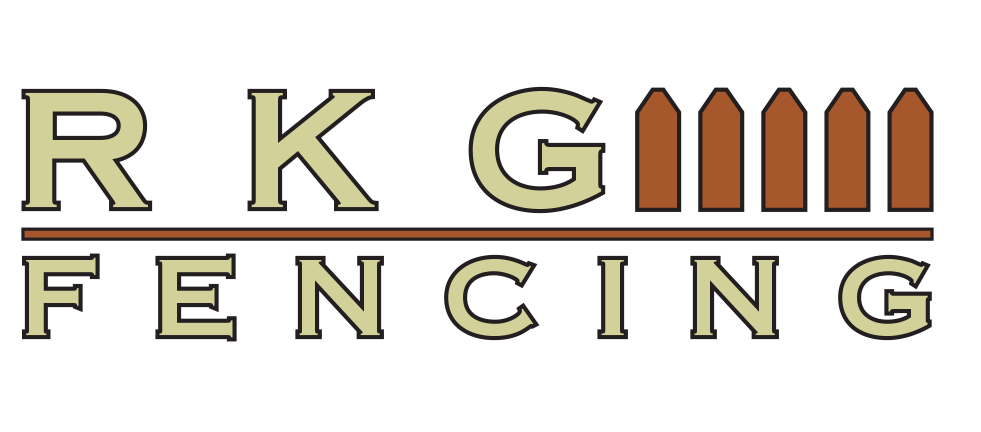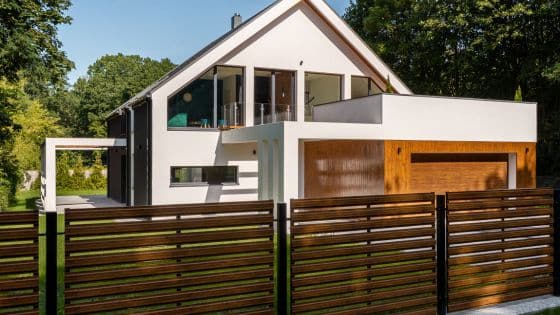Australia boasts the best wood for fencing including species suitable for constructing fences that can withstand the unique climate and environmental conditions. Choosing the right type of wood is crucial to ensure durability, longevity, and a harmonious blend with the Australian landscape.
Here are 7 of the best wood for fencing in Australia
1. Jarrah
Native to Western Australia, Jarrah is a popular choice for outdoor fencing. Its remarkable durability and natural resistance to decay, termites, and weathering make it well-suited for the Australian weather. Jarrah’s deep reddish-brown colour matures over time, enhancing the wood’s aesthetic appeal.
2. Blackbutt
Blackbutt, is native to the eastern side of Australia, and is prized for its attractive appearance and resistance to both rot and termites. Its pale brown to yellow colours adds a touch of warmth to fences. Blackbutt is a sustainable choice, often sourced from well-managed forests.
3. Merbau
Also known as Kwila, Merbau originates from Southeast Asia but is commonly used in Australian fences due to its durability. Its particularly popular for its rich reddish-brown colour and natural resistance to decay and pests. However, be sure to source sustainable Merbau to minimize environmental impact.
4. Spotted Gum
Spotted Gum, with its unique mix of colours and striking grain patterns, is a hardwood indigenous to eastern Australia. Renowned for its strength and resilience, it performs well in various weather conditions. Its light to dark brown colours can add a touch of rustic elegance to your fence.
5. Cypress Pine
While not exclusively Australian, Cypress Pine is found throughout the country and is used for fencing due to its natural termite resistance. Its an economical choice that can be treated for added durability. The light golden-brown colour of Cypress Pine can be stained or painted.
6. Ironbark
Named for its hard, tough exterior, Ironbark is a dense hardwood that thrives across Australia. Its known for its high resistance to rot, pests, and fire. With colours ranging from pale brown to dark red, Ironbark imparts a sense of strength and endurance to fences.
7. Tallowwood
Originating from New South Wales and Queensland, Tallowwood is prized for its strength and density. Its colour varies from pale to dark yellow-brown, giving fences a warm and natural appearance. Tallowwood can stand up to the harsh weather conditions, making it suitable for various regions in Australia.
Selecting the right wood for your Australian fence depends on your specific location, climate, and design preferences. Proper maintenance, including sealing and staining, will help prolong the life of your chosen wood, allowing your fence to gracefully withstand the challenges of the Australian environment.

